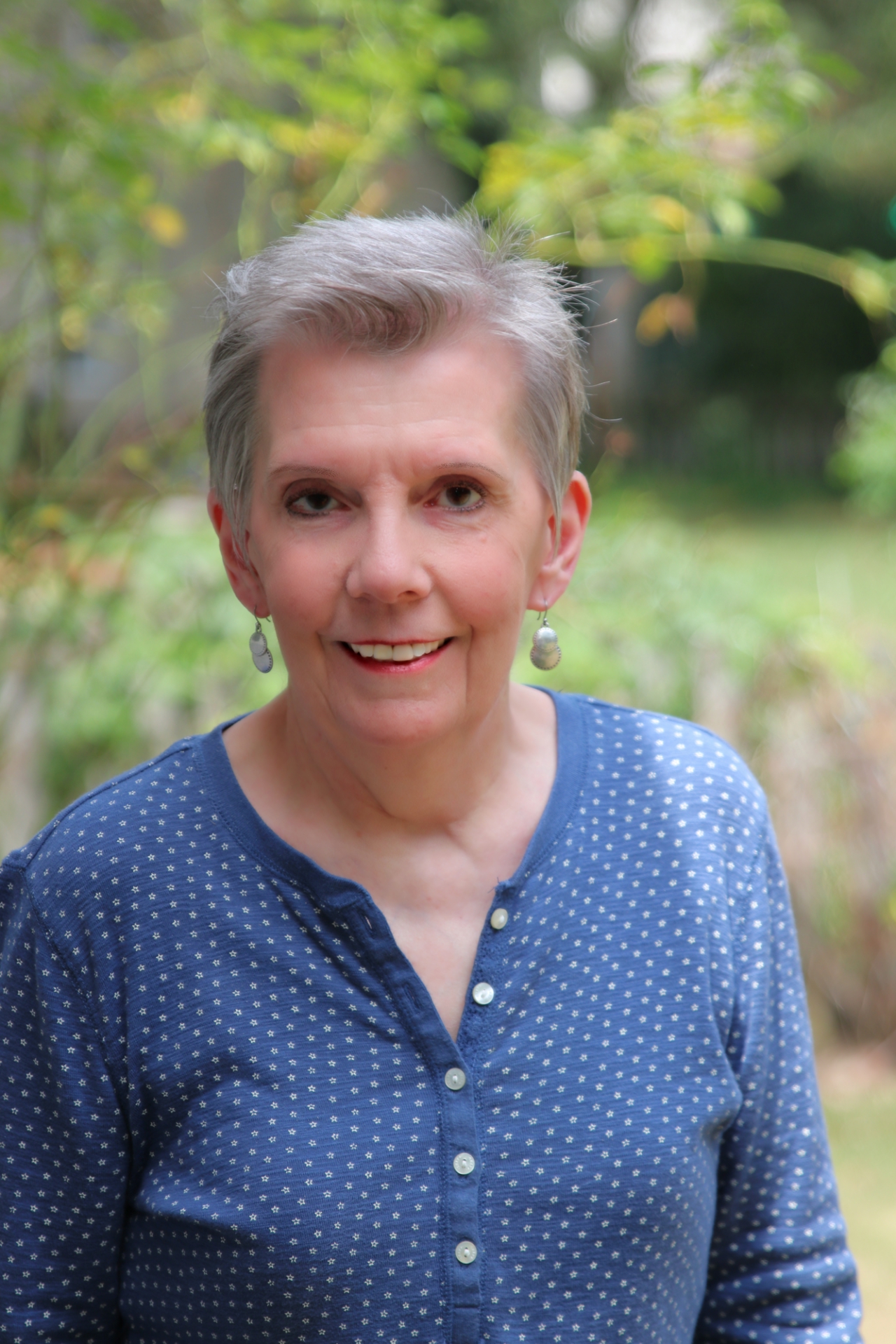Most would agree that if the pandemic has done anything, it has shaken our sense of being in control. Back in the day—now further back with each successive moment—we could go here or there anytime. We could fill our calendars with tasks and activities and social encounters as if there was no tomorrow. And now there isn’t, at least in the way it existed before.
Human beings like to be in control, especially Americans. We have placed great importance on independent thought and action, both as a nation and as individuals. While we have always seemed to coalesce resources—physical, psychological, emotional, spiritual—in times when we realized we aren’t in control [e.g. September 11th], we gradually return to our old ways with the passing of time. Until the next big kick-in-the-I’m-not-really-in-control pants like the one we now find ourselves in.
If we hope to bear witness to more good than evil as we begin to live in our changed world, the new normal will, by necessity, require different behaviors and attitudes couched in the unknown. How long will the virus last? Will we need to resume quarantine? What will happen to my job? When will we have a vaccine? What about the economy in general? And on and on.
The reality is most of us are uncomfortable with the unknowns at any point in life. Now that we are required to live amid the machinations of a mostly unknown virus, unsettledness and uncertainty have become much too familiar companions. Which means we are, in some cases, almost desperate to find our way out of this awful scenario. And so we strive even harder to control what is happening, or not, and in the process, create more problems.
What if we took a deep breath and acknowledged being in control really is an illusion?
For example:
- Can we control the formation or direction of a tornado?
- Can we control which meats or produce we will find at the store?
- Can we control the financial markets?
- Can we make the clouds disappear, the sun shine, the rain cease?
And, maybe most important:
- Can we control the actions and behaviors of other people? Our children’s choice of careers? Other drivers? Or can we make someone else do a job the way we would do it?
I don’t know about you, but when I try to make a list of what I have control over I’m left with a mostly blank sheet of paper. Why?
Because the simple yet hard-to-live truth is this—the only thing I truly have control over is my response in any given situation. To choose a thoughtful, heart-led and other-centered response rather than a selfish, emotionally driven, or uninformed reaction is to take full responsibility for my choices and actions in light of their potential impact on others and to a lesser degree, myself.
So, what does that all mean? When we accept that it is not our job to try and control circumstances or people, we begin to experience greater peace and joy. We don’t see events or other people as obstacles to keep us from a good life. Rather, we begin to understand that for all our knowledge and accomplishment, there is so much more we have yet to learn. About the universe. About ourselves. Yes, even about a nasty pandemic.
As the days continue to unfold into the new normal, we will have many opportunities to respond through our choices and actions. Will we wear a face covering? Will we keep physical distance? Will we follow the counsel of qualified health professionals? Will we allow ourselves to express our frustrations and feelings without dumping them all over those we say we love?
Or, as a physician wrote to me in a recent thank you note, will we embrace Divine Truth—“God is in control.” To make that choice, fellow sojourner, is to rest in the peace that surpasses all understanding. One. Step. At. A. Time.
Am I uncomfortable with the unknowns? Why?
What choice[s] could I make to let go of the need to control?
If believing God is in control is Truth, do I need to pray for an increase of faith?







